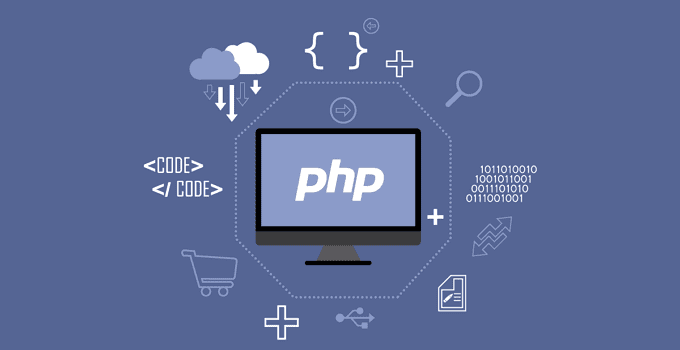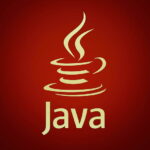Choosing the Right Technology for API Development
Selecting the right technology for API development is crucial. In this article, we will explore five key technologies, namely PHP, .NET, Golang, Python, Ruby on Rails, and Java, and understand the ideal scenarios for each.
PHP
History
PHP, or Hypertext Preprocessor, was created by Rasmus Lerdorf in 1994. Originally designed for managing personal web pages, it has evolved into a server-side scripting language widely used in web development.

Advantages
- Easy to learn and use
- Wide hosting support
- Strong community support
- Flexible for web development
Disadvantages
- Not as suitable for large-scale applications
- Lacks modern development features compared to other languages
Ideal Scenario
PHP is best suited for small to medium-scale web applications and websites, particularly where rapid development and cost-effectiveness are priorities. https://sagaramediagroup.com/backend-language-battle-part-4-php/
.NET
History
.NET was developed by Microsoft and released in 2002. It has since become a popular platform for building Windows applications and web services.
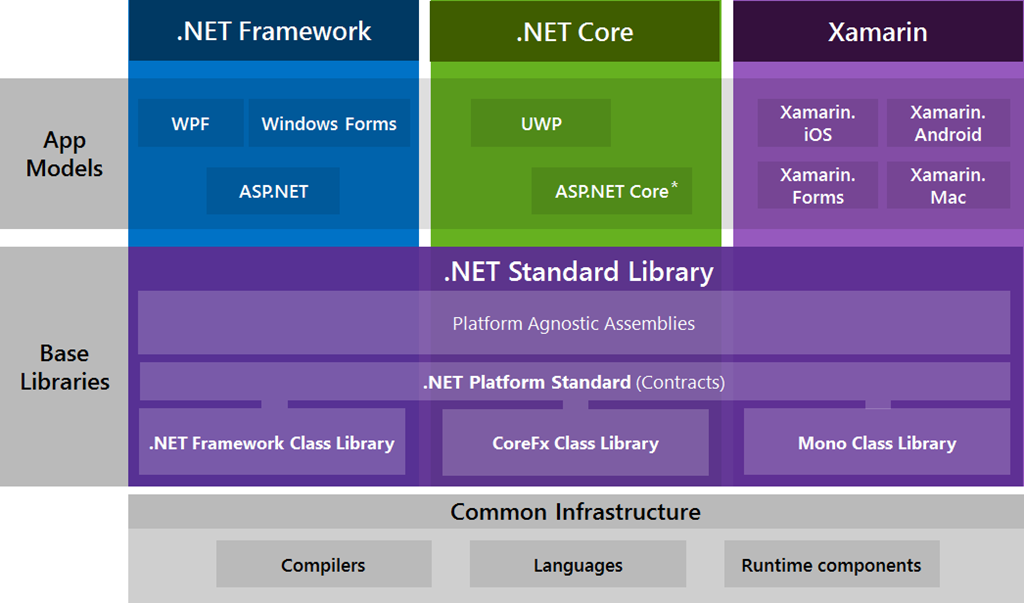
Advantages
- Rich set of libraries and tools
- Seamless integration with Microsoft products
- Cross-platform development with .NET Core
- Strong performance
Disadvantages
- Can be expensive due to licensing costs
- May have a steeper learning curve for beginners
Ideal Scenario
.NET is optimal for large-scale applications, particularly in enterprise environments that leverage Microsoft technologies. https://sagaramediagroup.com/unlocking-the-power-of-backend-development-a-comprehensive-guide-to-choosing-the-right-language-for-your-apis/
Golang
History
Developed at Google, Golang or Go was designed to simplify development without sacrificing performance. Released in 2009, it’s known for its simplicity and efficiency in concurrency handling.
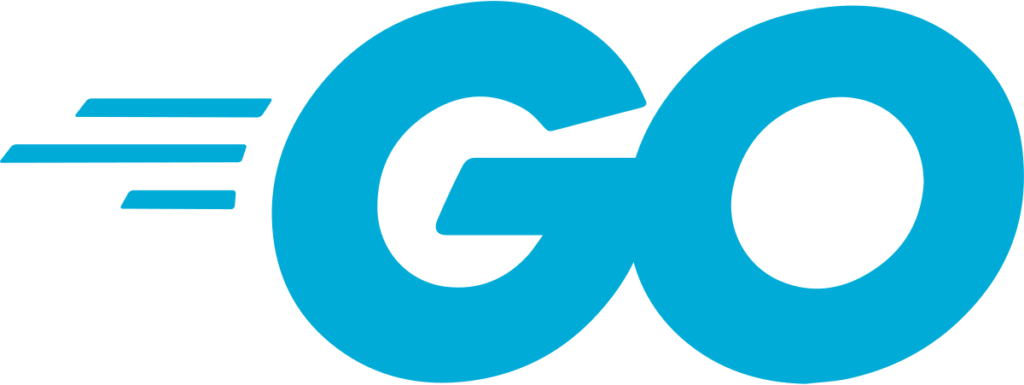
Advantages
- Simple and easy to maintain
- Efficient concurrency handling
- Quick compilation and execution
Disadvantages
- Lacks some features and libraries found in older languages
- Less suitable for UI development
Ideal Scenario
Go is best suited for performance-critical applications, microservices architecture, and scalable network servers. https://sagaramediagroup.com/backend-language-battle-part-3-golang/
Ruby on Rails
History
Ruby on Rails, or Rails, is a web application framework written in Ruby. Created by David Heinemeier Hansson, it was first released in 2005 and emphasizes convention over configuration.
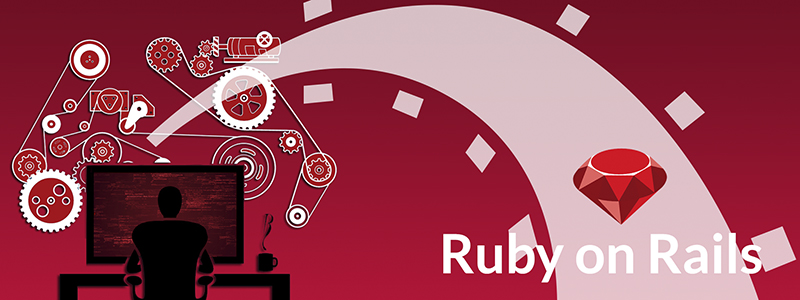
Advantages
- Speeds up development
- Rich libraries and community support
- Flexible and customizable
Disadvantages
- May not be as performant as other languages
- Can be less suitable for large-scale complex applications
Ideal Scenario
Ruby on Rails is ideal for startups and small to medium-scale web applications where rapid development is a key requirement.
https://sagaramediagroup.com/backend-language-battle-part-5-ruby-on-rails/
Python
Since its creation in 1991, Python has become a favorite for its readability and versatility, especially in data science and machine learning.
Python’s widespread popularity in the field of data science and machine learning makes it an attractive choice for applications that require heavy data processing, analysis, and predictive functionalities. https://sagaramediagroup.com/backend-language-battle-part-2-python/

Advantages
- Readable syntax
- Rich libraries
- Strong community support
Disadvantages
- Slower performance
- Memory consumption
Java
History
Java was developed by James Gosling at Sun Microsystems and released in 1995. Known for its “Write Once, Run Anywhere” capability, it’s widely used in enterprise applications, Android development, and more.
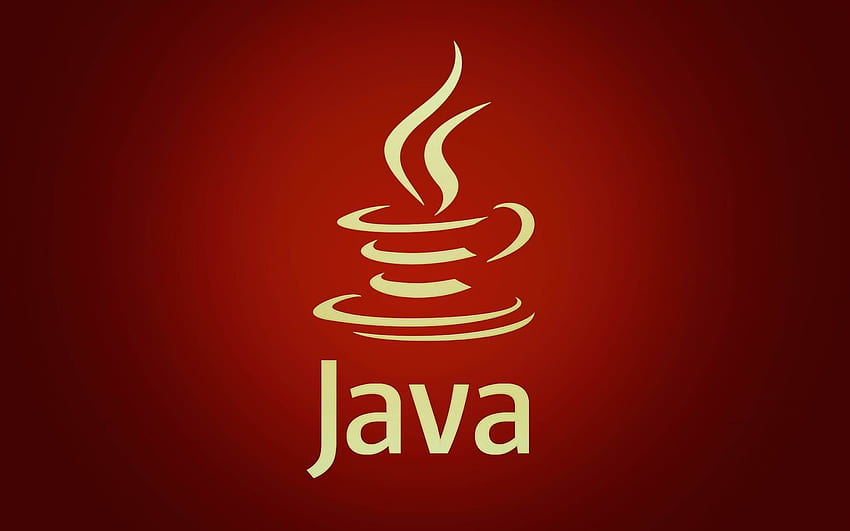
https://sagaramediagroup.com/backend-language-battle-part-6-java/
Advantages
- Platform independence
- Robust performance
- Rich ecosystem and libraries
- Strong community support
Disadvantages
- Can be verbose
- Higher memory consumption
Ideal Scenario
Java is suited for large-scale enterprise applications, Android development, and systems that require platform independence.
Conclusion
Each of the above technologies has its own unique strengths and weaknesses, making them suitable for different scenarios. Understanding your project’s specific requirements, scalability needs, budget constraints, and development timelines will guide your choice.
In summary, PHP is great for rapid web development, .NET for enterprise solutions, Go for performance-critical systems, Ruby on Rails for rapid and flexible development, and Java for platform-independent, large-scale applications. The right choice will align with your project’s unique needs and maximize its success.
